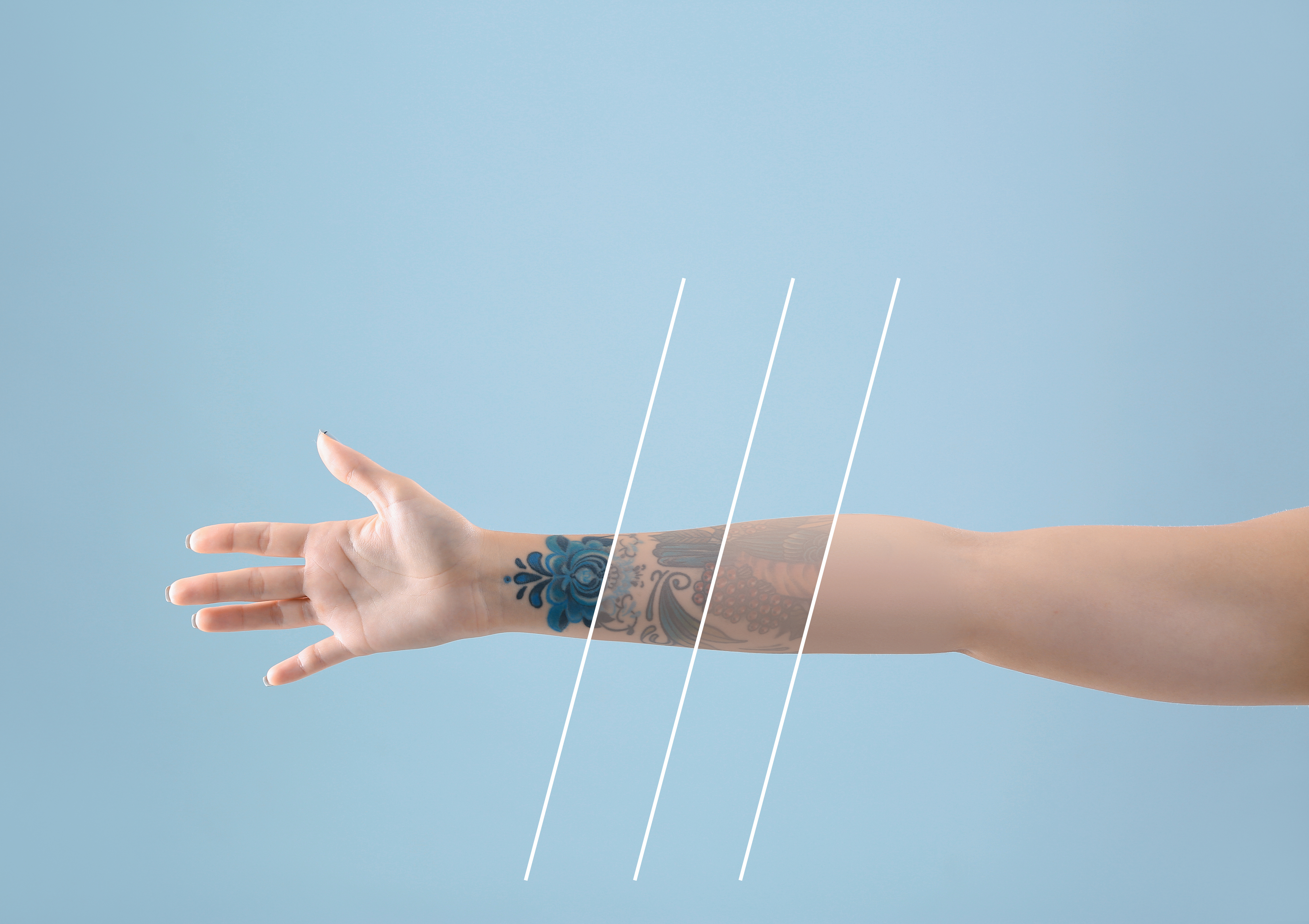
Removing tattoos may reduce violence and trauma among individuals in Los Angeles, according to new findings presented by Clark et al at the American College of Surgeons (ACS) Clinical Congress 2023. Individuals with tattoos—especially art affiliated with gangs or sex work—may face more interpersonal violence and traumatic injuries, less employment opportunities, and difficulties transitioning to healthier lifestyles. However, tattoos can be costly to remove, and often require between 6 to 20 sessions of laser treatment to be fully removed.
In the new study, a team of surgeons, general surgery residents, emergency department residents, medical students, and doctoral students performed laser tattoo removal of 35 tattoos on 26 individuals in exchange for 5 hours of community service per session. The individuals were then asked to respond to an anonymous survey asking about their tattoo acquisition and motivation for removal. The tattoo removal program resulted in over 17,265 hours of community service—consisting of going to school, volunteering at a church or nonprofit, visiting Alcoholics Anonymous or Narcotics Anonymous meetings, participating in substance use disorder counseling, or attending science education courses. Among the participants, 88% of them expressed the need for tattoo removal in order to transition to a healthier lifestyle, and 81% of them reported successfully achieving their goals—such as building a new identity, acquiring a job, or joining the military—following their tattoo removal. “Violence is a medical problem and is a big cost on our country, our hospitals, and our productivity. If we treat it as a disease instead of a social problem, we’d be better off,” concluded lead study author Damon H. Clark, MD, FACS, Assistant Professor of Clinical Surgery and a general surgeon at the Keck School of Medicine at the University of Southern California.